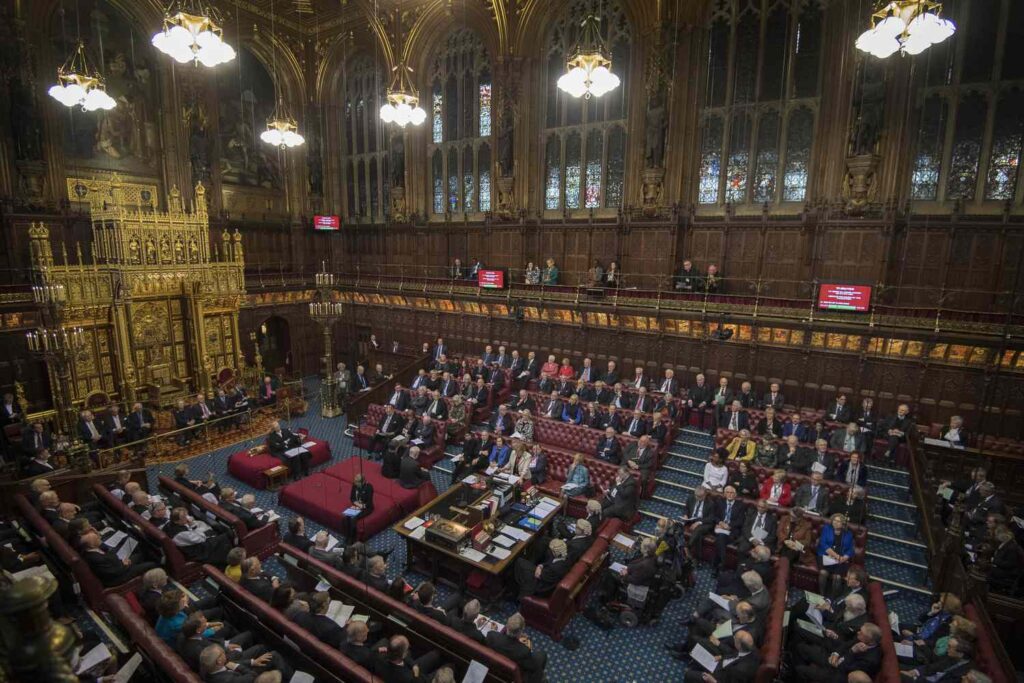Curaçao’s political structure is a parliamentary democracy within a constitutional monarchy. It is one of four constituent countries in the Kingdom of the Netherlands, alongside the Netherlands, Aruba, and Sint Maarten.
Here’s a breakdown of how Curaçao’s political system works:
1. Kingdom of the Netherlands
- Head of State: King Willem-Alexander of the Netherlands
- Represented in Curaçao by the Governor, who is appointed by the King for a 6-year term.
- Kingdom Affairs: Curaçao manages its own internal affairs, but the Kingdom is responsible for defense, foreign policy, and citizenship.
2. Government of Curaçao
a. Executive Branch
- Governor (currently Lucille George-Wout):
- Acts as the King’s representative.
- Has a ceremonial role and also ensures good governance.
- Prime Minister (currently Gilmar Pisas as of 2024):
- Head of government.
- Leads the Council of Ministers, which is responsible for daily executive functions.
- The Council of Ministers is appointed from elected members of parliament.
b. Legislative Branch
- Staten van Curaçao (Parliament of Curaçao):
- 21 members, elected by proportional representation every 4 years.
- Passes laws, approves budgets, and supervises the government.
c. Judicial Branch
- Independent Judiciary: Follows Dutch civil law tradition.
- Part of the Joint Court of Justice of Aruba, Curaçao, Sint Maarten, and of Bonaire, Sint Eustatius, and Saba.
- Final appeals go to the Supreme Court of the Netherlands in The Hague.
3. Political System
- Multi-party system: Several parties compete for power; coalition governments are common.
- Examples of major political parties:
- MFK (Movement for the Future of Curaçao)
- PAR (Party for the Restructured Antilles)
- MAN, KEM, and others
4. Constitution
- Curaçao has its own constitution called the Staatsregeling van Curaçao (Charter of Curaçao), enacted in 2010 when it became an autonomous country.
- Establishes the rights of citizens and the structure of government.
5. Autonomy vs Kingdom Oversight
- Curaçao is autonomous in most domestic matters (healthcare, education, justice, economy).
- However, The Netherlands can intervene if good governance, democracy, or rule of law are at risk (as per Kingdom Charter provisions).
- A Council of Ministers of the Kingdom (in The Hague) oversees kingdom-level issues and includes ministers from the Netherlands and representatives from Curaçao.
Summary
| Branch | Function | Key Figures |
|---|---|---|
| Executive | Implements laws | Governor, Prime Minister, Ministers |
| Legislative | Makes laws, monitors exec. | 21-member Parliament |
| Judiciary | Interprets/enforces law | Local courts + Dutch Supreme Court |


